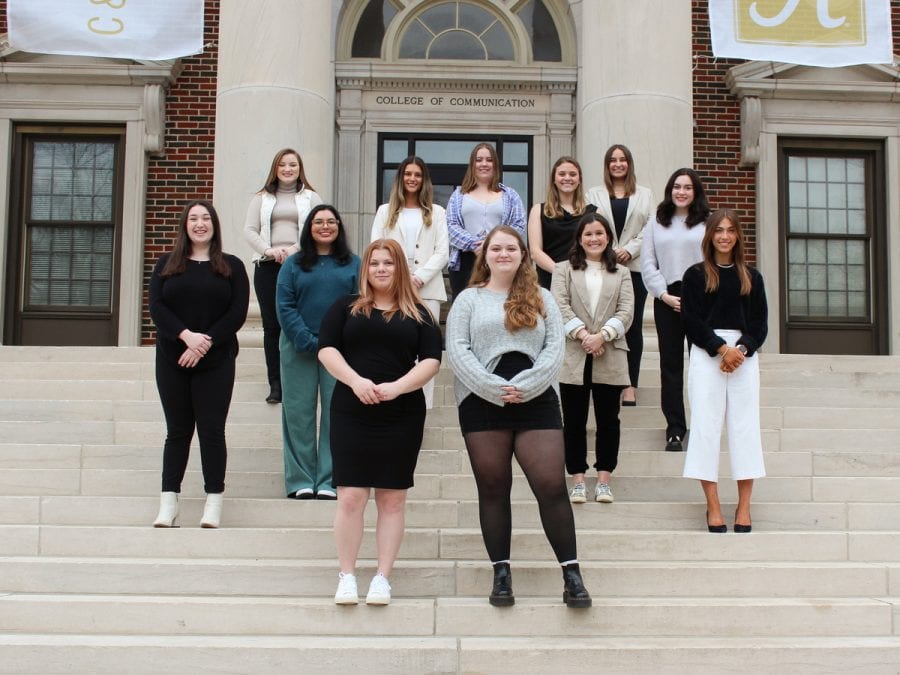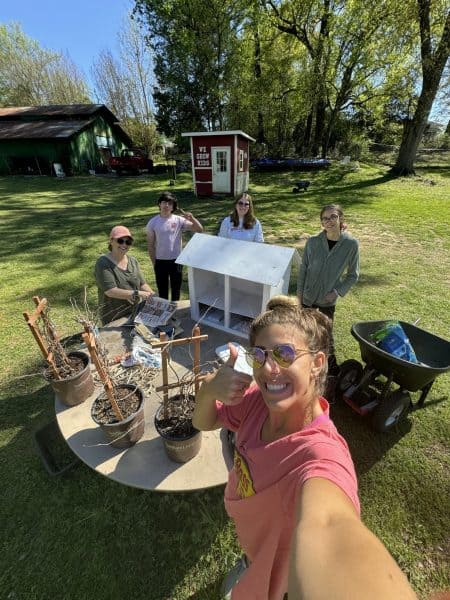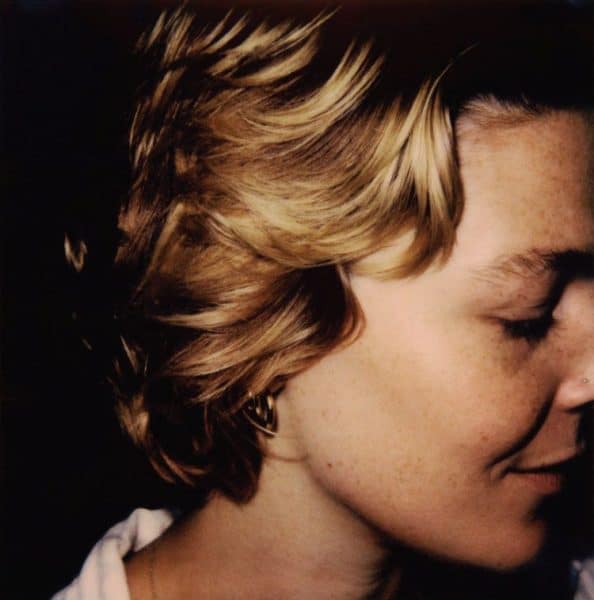Platform Magazine begins 15th year as UA’s student-run PR publication
April 19, 2023
Platform Magazine, a student-run magazine in The University of Alabama’s College of Communication and Information Sciences, has entered its 15th year and continues to motivate upcoming public relations professionals.
Since its first publication in 2007, Platform has provided PR majors with real world experience and opportunities, while giving readers an exclusive insight into public relations from all angles.
Two years before Platform’s conception, the Plank Center for Leadership in Public Relations was established at the University to improve the ethics of the PR industry and provide resources for PR students and professionals alike.
The Plank Center is named after Betsy Plank, one of the most influential public relations practitioners and a 1944 graduate of the University, who reached high achievements in the industry and advocated for PR education and its students. Plank is known as the First Lady of Public Relations for her impactful work.
Plank paved the way for women in PR and was a main contributor in the creation of the Public Relations Student Society for America, an organization that supports PR and communications education with resources, scholarships and more. In 1989, PRSSA established the Betsy Plank Endowment Fund to help ensure available education for PR students.
Bruce Berger, a board of advisors member for the Plank Center, was director when the late Plank and other board members at the time suggested developing Platform Magazine in order to boost conversation surrounding PR and its implications.
“I did some follow up research to determine what it might cost,” Berger said. “I suggested doing an online magazine, and the board agreed to take it to the next step.”
From there, the board decided to make a writing course devoted to creating Platform Magazine so that students could hone their writing and editing skills while creating the online publication.
The APR 415 class, which is called Online Magazine Writing, has since been taught by Tracy Sims, the faculty editor for Platform and a senior instructor in the Department of Advertising and Public Relations.
“She has done a fantastic job and has exceeded the board’s expectations,” Berger said.
Sims began as the editorial consultant for Platform and helped determine the publication’s tone and style. With Sims’ help, Platform Magazine has been publishing content about how public relations affects the rest of the world for 15 years.
“For me, public relations really boils down to the relationship building between an organization and its key publics,” Sims said. “This magazine explores the best practices in public relations strategies, tactics, building and maintaining those key relationships.”
The students in the course not only discuss the PR world, but also collaborate to determine the magazine’s design, target audience, content and marketing techniques.
“I like to see myself as a guide through the process,” Sims said. “They really are determining the direction, like when selecting their own topics. They’re never assigned.”
With creative freedom to apply a PR perspective, Platform students get firsthand experience and opportunities to connect with the modern PR industry and witness its constant development.
More recently, Platform has added the opportunity for former APR 415 students to do an independent study as a director that helps manage the collaborative teams creating the publication.
“The core writers and editors are divided into three or four teams depending on the semester,” Sims said. “Having student directors helps me as faculty director.”
The student directors facilitate and help acclimate new students at Platform into the processes of developing the magazine.
Sophie Collins, a senior majoring in public relations and the current marketing director for Platform, said the class is a supportive environment.
“The atmosphere in Platform is incredible. Everyone is so supportive of each other,” Collins said. “Platform has enhanced my writing skills tremendously and has allowed me to connect with PR professionals around the country.”
A recent article by Collins discussed Ketchum, a global public relations firm and communications provider for multiple companies. Collins highlighted the firm’s notable campaigns and workplace culture with interviews from Ketchum account coordinators in the Chicago, New York and Atlanta locations, allowing for her to talk directly to professionals in the PR field.
As marketing director, Collins leads the marketing team on fundraiser initiatives, manages the LinkedIn page for the publication and completes end-of-semester marketing reports.
Throughout the process, Platform prioritizes individualism for writers while also focusing on engagement by allowing classmates to peer edit each other’s work.
Seth Self, a senior majoring in public relations, worked as co-editorial director on Platform in the fall 2022 semester by helping the writers refine their pieces.
An average day in class involves peer editing blog posts and articles, which is a highly collaborative process.
“I loved being able to work with my classmates, and that’s the thing with Platform — it’s very collaborative,” Self said.
Along with the editorial directors and marketing directors, each semester also has a design director who oversees the design team.
Sydney Miner, a senior majoring in public relations, spent a year at Platform, beginning as a writer and editor before moving up to design director. As design director, Miner helped design posts for Platform’s social media accounts and promotional flyers for events, as well as working with her team to add visuals to articles and blogs that are published on the Platform website.
“Platform gave me the ability to write in a real-world sense,” Miner said. “We would brainstorm and bounce ideas around. … It was great and didn’t really feel like a class.”
Platform’s development has mirrored the happenings of the PR industry as it has grown and modernized throughout the years. The first couple of editions in the late 2000s were in a simpler newsletter style that then evolved into the larger publication that it is today.
To completely analyze various parts and practices of the PR industry, Platform has different sections on the website, including blogs, quizzes and a section dedicated entirely to ethics.
The blog section further allows Platform students to write about PR examples they see in their everyday lives, like current events, sports, TV shows and more. Recent blogs include articles on diverse topics, like the PR techniques of Rihanna’s recent Superbowl performance to a case study on the ins-and-outs of the Royal Family from a PR perspective.
“The blogs were not added until about five to 10 years into Platform’s history,” Sims said. “It gives students that opportunity to explore things of interest to them personally, in terms of its PR implications.”
The quizzes element of Platform includes 10-question quizzes with AP Style questions and other quizzes on PR terms. The quizzes serve as a resource for writers in the PR field but also those in any communications field, according to Sims.
These aspects are fun and interactive ways for readers to learn and an interesting element for Platform’s creators to develop.
The magazine’s ethics section handles more serious topics, companies and individuals related to the public, the environment and the PR industry. Articles in Platform’s ethics section critique some PR decisions and acknowledge the success of others.
Recent Platform ethics articles look at the dangers of performative diversity, as well as articles on philanthropy, environmental sustainability and more. These articles stay up-to-date and examine important PR implications companies should consider as the world changes.
Platform also has an industry section with articles featuring input from PR professionals. The magazine features pieces on popular trends today like “Nepo Babies” and how the PR industry was affected by the COVID-19 pandemic.
One of Platform’s main highlights is leadership, and the leadership section on the website is a great showcase of trailblazers in the PR industry. These articles spotlight UA alumni, global PR companies and PR individuals around the country as they do remarkable things in the industry.
A recent leadership article displays University andPlatform Magazine alum Katie Gatti Tassin’s innovative blog, “Money with Katie,” that gives personal finance advice through blog, podcast and social media platforms.
Sims encourages those interested in public relations and writing to consider applying to join Platform. Although most Platform contributors are from the APR 415 course and returning students, anyone interested in a dialog about the PR industry can apply on the C&IS Engagement Portal.
Culture Editor Annabelle Blomeley is a member of Platform Magazine.











